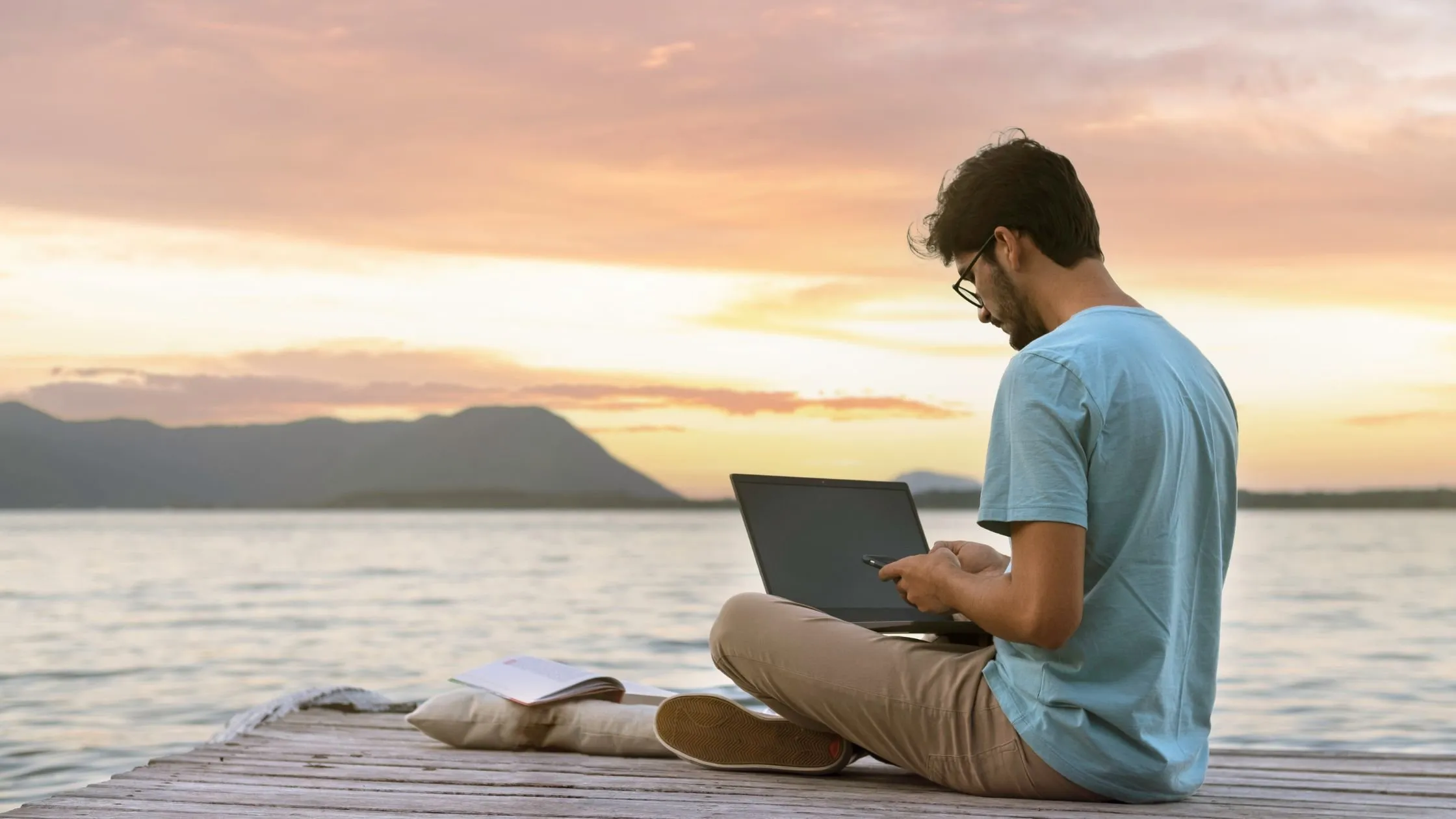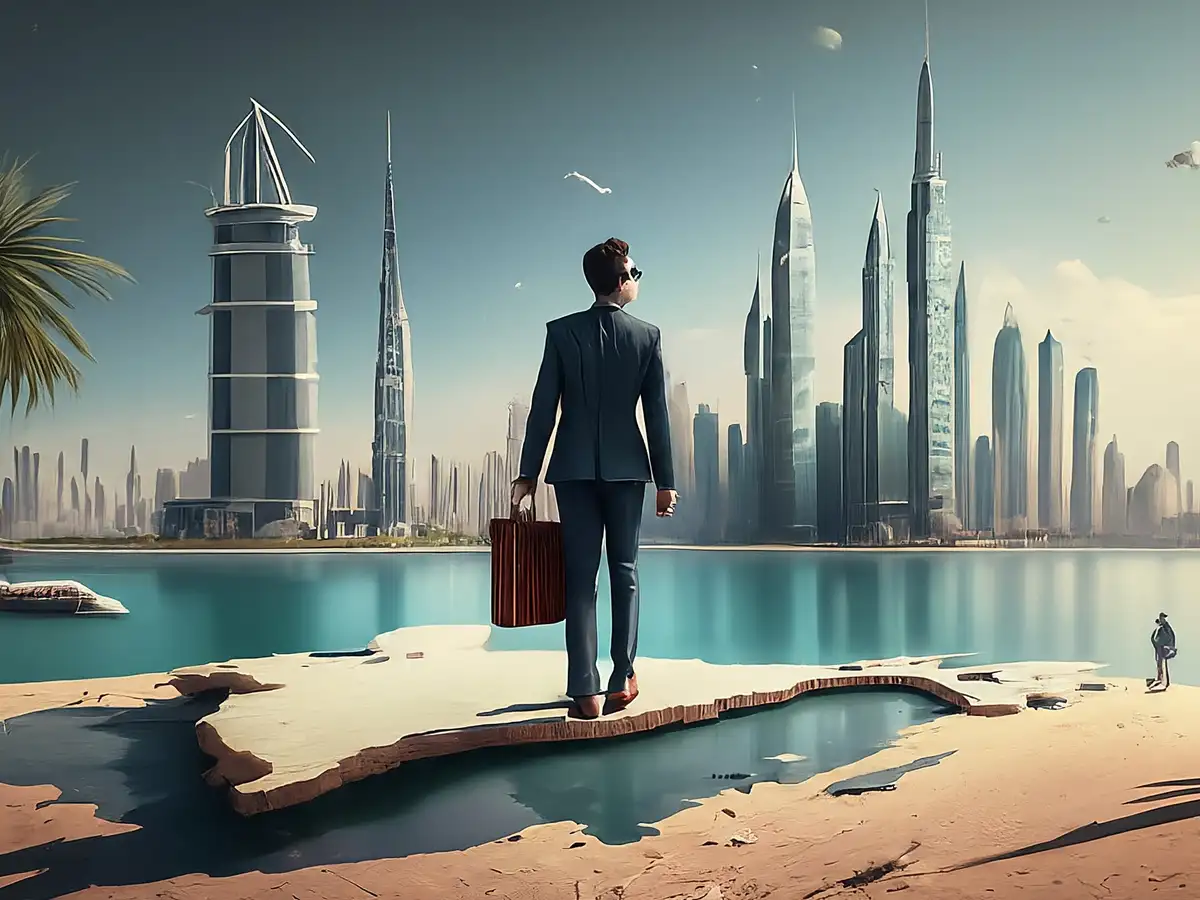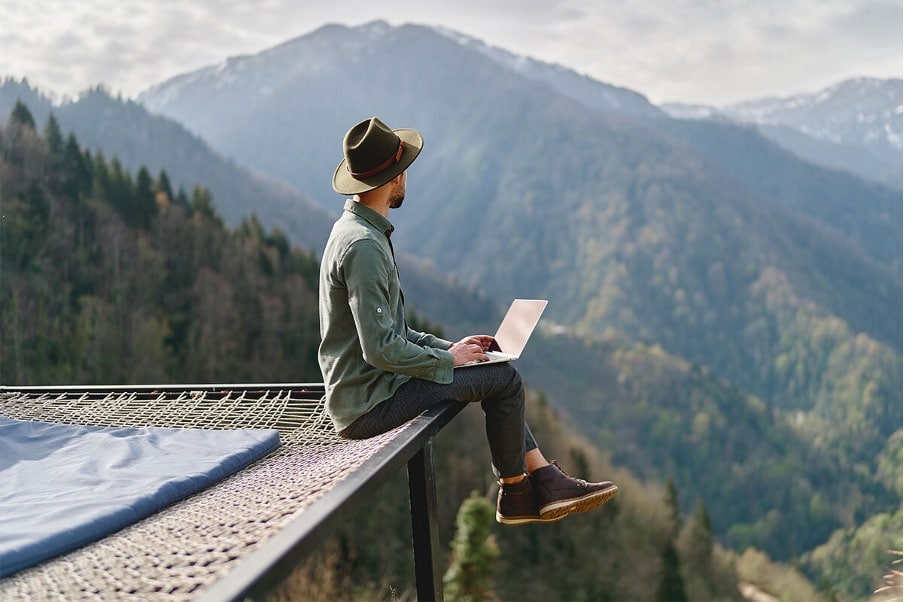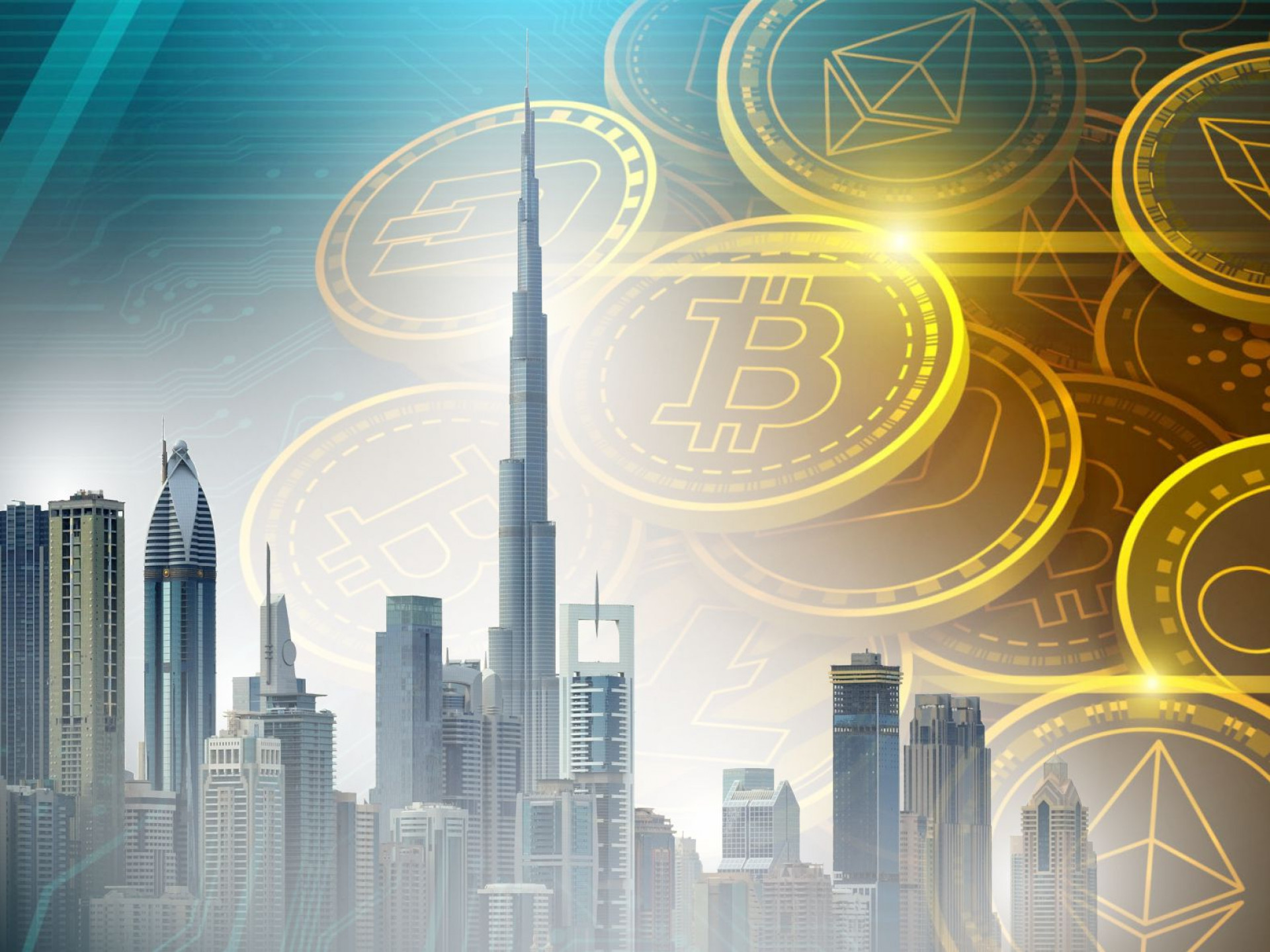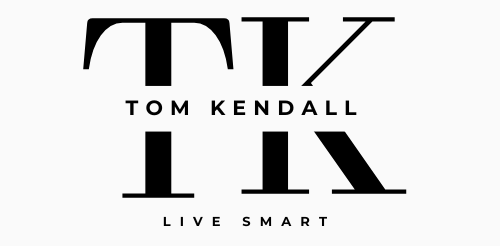I’m not trying to sound dramatic — but the question isn’t fantasy anymore. It’s a scenario that’s creeping into reality. One headline at a time.
You’ve seen them.
“Iran launches 300 drones.”
“Israel retaliates.”
“The U.S. responds.”
And suddenly, what felt like a regional conflict starts to unravel into a global one. The kind that no longer lives on the news, but leaks into your morning coffee, your travel plans, your bank account, your sense of control.
If you’ve built a flexible, location-independent life — the kind where you can wake up in Bali, winter in Cape Town, spend spring in Lisbon and a few fast-paced months in Dubai — you’ve probably been calling it freedom for a long time. And for the most part, it has felt like that.
But what happens when the world stops moving?
The Quiet Fragility of Nomad Life
We rarely think of freedom as fragile. But it is — especially when that freedom is built on constant motion.
Most nomads live life like a stream: flowing between cities, weather patterns, passport stamps, and tax jurisdictions. We have backup bank accounts, offshore LLCs, a VPN, and a five-country visa strategy. We’re ahead of the curve, right?
But here’s the thing: mobility without infrastructure is still fragility.
And if you’ve ever wondered what happens when that mobility stops — when flights are grounded, bank transfers are delayed, embassies close, or digital IDs become frozen — you’re not alone.
It’s a quiet fear sitting in the background of many conversations in this space. But we rarely name it.
Until now.
Not a What If — A When
Let’s be clear: we’re not saying World War III is going to start tomorrow. But if it did — if another black swan event hit — how prepared are you really?
- What if your visa is revoked overnight because your passport country suddenly became “politically sensitive”?
- What if your international bank locks withdrawals “for security reasons”?
- What if you’re stuck in a foreign country as a “visitor” with no legal right to remain, no embassy support, and no way out?
It sounds like a movie. But in 1939, it wasn’t the poor who suffered first — it was the wealthy, well-traveled, well-connected elite who thought they had time, leverage, and status.
They had passports. Homes in multiple cities. Summered in Europe. Skied in the Alps. Until the trains stopped running. The banks stopped transferring. And freedom stopped meaning what they thought it did.
The False Safety of Flexibility
A lot of people in this space are still playing like it’s 2021.
Back then, the game was:
- Maximize remote income
- Minimize taxes
- Diversify citizenships
- Live the dream, post the reel, repeat.
But the temperature is different now. You can feel it. Governments are cracking down on capital controls. Global minimum taxation is no longer a whisper. CBDCs (Central Bank Digital Currencies) are being tested. Visa policies are tightening. And some countries have begun treating digital nomads with skepticism — not hospitality.
We’re entering a world where:
- Borders close without notice.
- Digital infrastructure is vulnerable to attack.
- Wealth becomes suspicious, not admired.
If your freedom is built on movement and your movement is based on tech, logistics, and leniency, you’re only as free as the world is stable.
And the world isn’t stable anymore.

The Real Question: What Have You Built?
When the plane doesn’t take off — when the app doesn’t load — when the passport doesn’t help — what’s left?
The answer is structure.
It’s not about how much money you’re making. It’s about what infrastructure you’ve quietly built beneath the lifestyle.
Have you:
- Secured a residency or citizenship in a truly neutral, stable country?
- Planted roots with physical assets like land or property?
- Created a legal identity somewhere that isn’t just a PO box and Stripe account?
- Built relationships with real humans, not just Twitter mutuals?
- Stored capital outside the digital banking system, even if just a little?
- Thought about where you go when nowhere else is open?
These are not questions for “preppers” or paranoid types. These are questions for smart people who’ve built global lives and understand that freedom is only real when it’s anchored to something.
Don’t Be Caught Flat-Footed
In this nomad ecosystem, there’s a tendency to react after the fact.
- Visa denied? We scramble to apply for another.
- Bank flagged? We open a new account somewhere else.
- Flights cancelled? We wait it out in a hotel until they resume.
But the next phase of this lifestyle isn’t about reaction, it’s about resilience.
It’s the understanding that the world can shift faster than you can adapt unless you’ve already adapted.
It’s not about fear — it’s about having options before you need them.
Because the hard truth is: if you’re preparing when the headlines break, you’re already late.
The New Model of Freedom
So what does true modern freedom look like now?
Here’s the new checklist. Not all of it will apply to everyone, but even a few of these can transform your risk profile:
1. Second Citizenship or Permanent Residency
Not in theory — in hand. Ideally, in a neutral or non-aligned country. Bonus points if it’s a place where you can legally reside long-term without bureaucratic gymnastics.
2. Local Assets
Property. Business. Land. Anything that gives you real ties — and leverage — in the country you rely on most. Mobility is great, but roots matter in crises.
3. Offline Wealth Storage
Precious metals. Crypto cold storage. Local currency in cash. Because in a flash-crash scenario, digital wealth may be inaccessible — or restricted.
4. Diversified Banking
Not just multiple accounts, but accounts in different jurisdictions. Preferably ones with different regulators, different currencies, and different geopolitical alignments.
5. Human Community
The nomad lifestyle can be lonely — and in a crisis, being alone is dangerous. Strong relationships in local communities, expat circles, or among other builders can be lifesaving.
6. Emergency Plans
Where do you go if your base shuts down? What’s your exit strategy? Do you have a fallback jurisdiction where you’re legally allowed to live long-term?
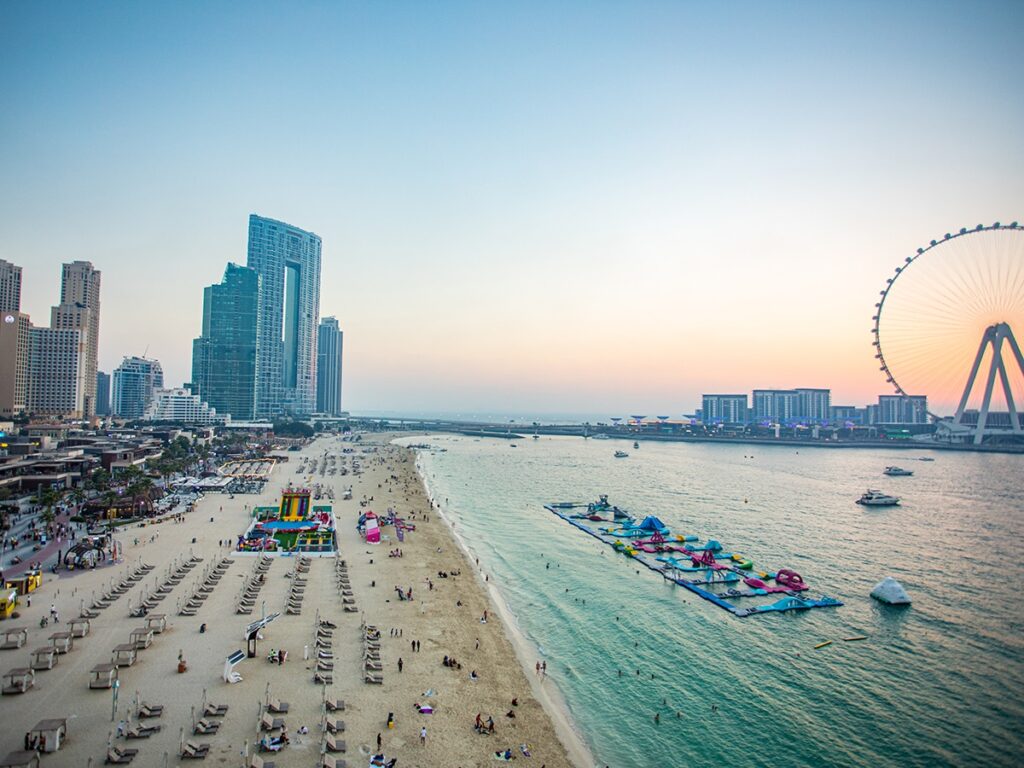
We Romanticized Motion — But It’s Time to Respect Stillness
The golden age of digital nomadism was built on the romance of movement.
We moved because we could. We lived lightly, flexibly, frictionlessly.
But in the coming age, the people who will thrive won’t be the ones with the fastest flights or the most stamps in their passport.
It will be the ones who saw the shift and responded with structure, not just hustle.
They won’t be the loudest on Instagram. They won’t have the flashiest reels. But they’ll be the ones who can stay calm when everyone else is scrambling.
They’ll be the ones who don’t have to move — because they already did, strategically, years before.
Final Thoughts: Don’t Be Afraid — Be Early
This isn’t fear-mongering. This is clarity.
It’s recognizing that we don’t live in soft times anymore. The illusion of stability is breaking down — and the worst position to be in is one of surprise.
If you’re a global citizen, act like one.
Build roots before you need them. Set up systems before the pressure hits. Get your paperwork in order before the lines form.
We talk about “playing life on hard mode” by leaving the matrix, building online income, minimizing taxes, and living freely.
Now it’s time to play at the next level: resilience mode.
Because when the tides shift — and they will — the goal is not to outrun the wave…
The goal is to have already built higher ground.
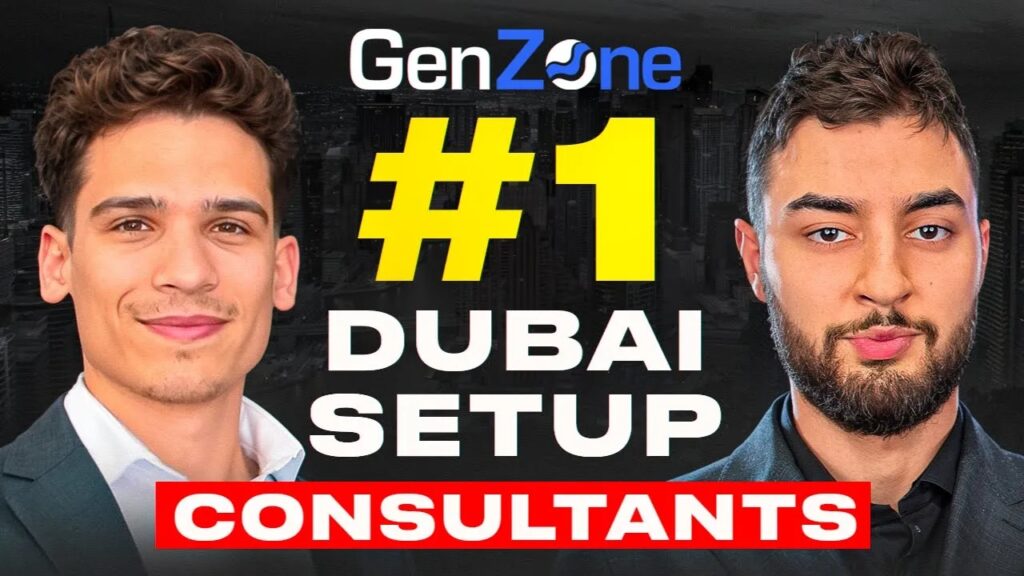
The GenZone Difference: Real Support, Real Clarity
There are hundreds of setup agencies out there.
Some are pushy.
Some are vague.
Some charge hidden fees and disappear after setup.
We built GenZone to be the opposite:
- Transparent pricing
- Clear timelines
- Full documentation support
- 1-on-1 consultations with experts
- Zero BS
We don’t just register your business.
We help you relocate your mindset — from taxed-to-death to time-rich and sovereign.
When you lose half your income to taxes, you’re not just losing money.
Final Thought: It’s Not Just About Money — It’s About Time
You’re losing:
- Time with your family
- Energy you could reinvest
- Options that could set you free
- Security that builds legacy
Dubai gives you that time back.
GenZone gives you the path.
The only question is:
Are you ready to stop working for the system — and start working for yourself?

